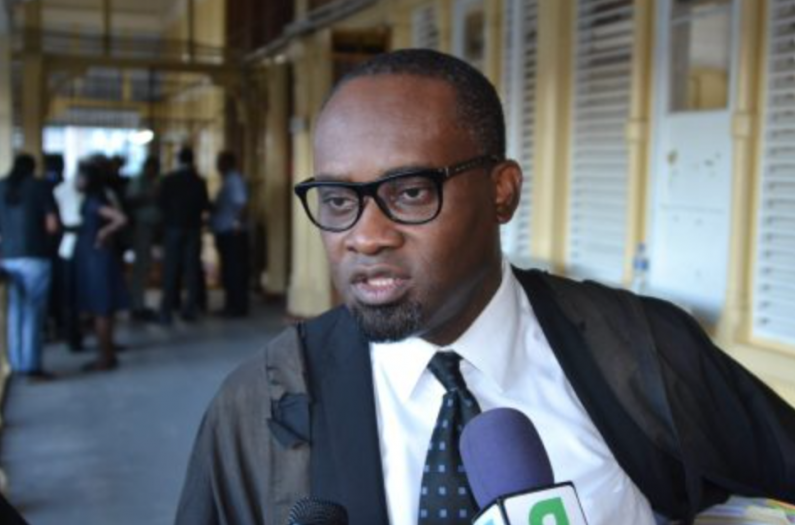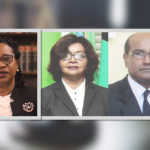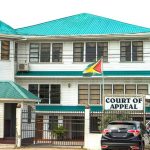
With weeks away from the hearing of the Elections petition case #88, the two petitioners in the case have filed their submissions.
The submissions are in response to earlier submissions filed by Attorney General Anil Nandlall, Vice President Bharrat Jagdeo, and Chief Elections Officer, Keith Lowenfield.
The petitioners, Claudette Thorne and Heston Bostwick are asking the Court to nullify the results of the March 2020 General and Regional Elections arguing that section 22 of the Election Law (Amendment) (ELA) Act and Order 60 of 2020 are unconstitutional.
The petitioners further argued that the Elections Commission has no power to make or amend the law thus making Order 60 unconstitutional.
GECOM had combined Section 22 of the ELA, with article 162 of the constitution to amend the procedure used in the Representation of the People Act to facilitate a National Recount of all ballots under Order 60 of 2020.
“The petitioners have proven to this honourable court that GECOM in its conduct of the March 2 2020 Elections had violated the constitution in respect of the unlawful recounting process that it had embarked upon.” The petitioners said through their Attorney Roysdale Forde,SC, arguing that, “The sanctity off the March 2 2020 elections has been substantially violated at the very moments the seals to the ballot boxes were broken in an unconstitutional recount sanctioned not by the Election Court pursuant to its exclusive Article 163 powers but by GECOM. The petitioners humbly submit that this evidence alone is sufficient for the Honourable Court to vitiate the March 2 2020 elections.”
Senior Counsel Roysdale Forde is contending that the court has jurisdiction to nullify the elections citing article 163 (1) (b) (i) of the constitution, that is, on the basis that the election has not been lawfully conducted. He argued further that the test therein is to be applied disjunctively and there is no requirement for the petitioners to prove that the results has been or may have been affected by any unlawful act or omission.
“The sham and the travesty about the entire 2 March 2020 election process were the egregious breaches of the constitution in respect of the tampering with (of) ballot boxes once they were sealed, the counting and recounting of ballots, the personnel employed to do so and the use of non-statutory documents to record and report results.”
To buttress his point Mr. Forde used the Kenyan case of Hezbon Omondi v Independent Electoral and Boundaries Commission & 2 others [2018] eKLR in that case, in the part; the ruling stated that:
“Guided by these principles, and given the use of the word “or” in Section 83 of the Elections Act as well as some of our previous decisions, we cannot see how we can conjunctively apply the two limbs of that section and demand that to succeed, a petitioner must not only prove that the conduct of the election violated the principles in our Constitution as well as other written law on elections but that he must also prove that the irregularities or illegalities complained of affected the result of the election as counsel for the respondents assert. In our view, such an approach would be tantamount to a misreading of the provision.”
Forde further argued that it is unheard of for political parties to take part in recounting of elections ballot as was the case.
“Furthermore, it is of no moment that the political parties participated in the recount process since it is clear from the constitution that political agents ought to have no influence over the lawful conduct and management of elections (see Article 161B of the Constitution).” He submitted.
The Petitioners are asking that the relief sought by them be granted as the conduct of the 2 March 2020 election was substantially not in compliance with the law in relation to the conduct of elections.

















You must be logged in to post a comment Login